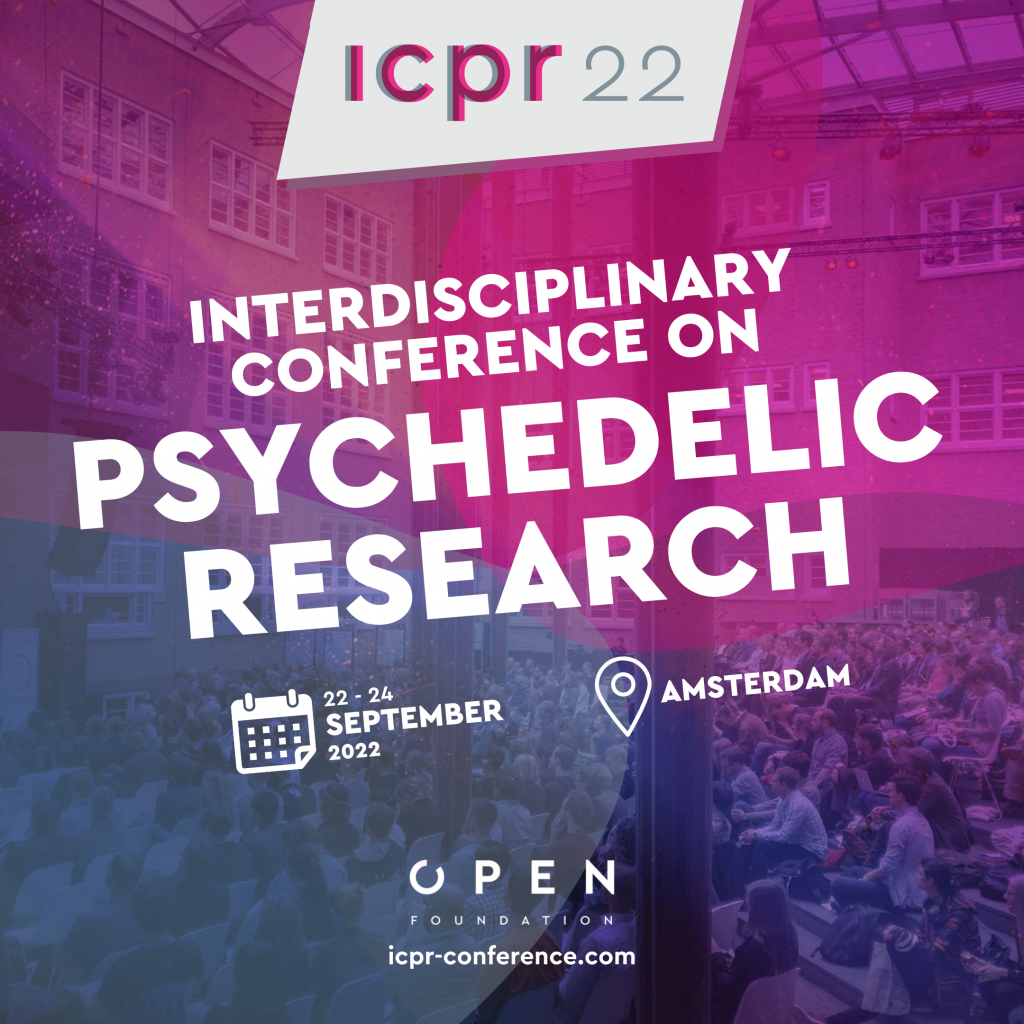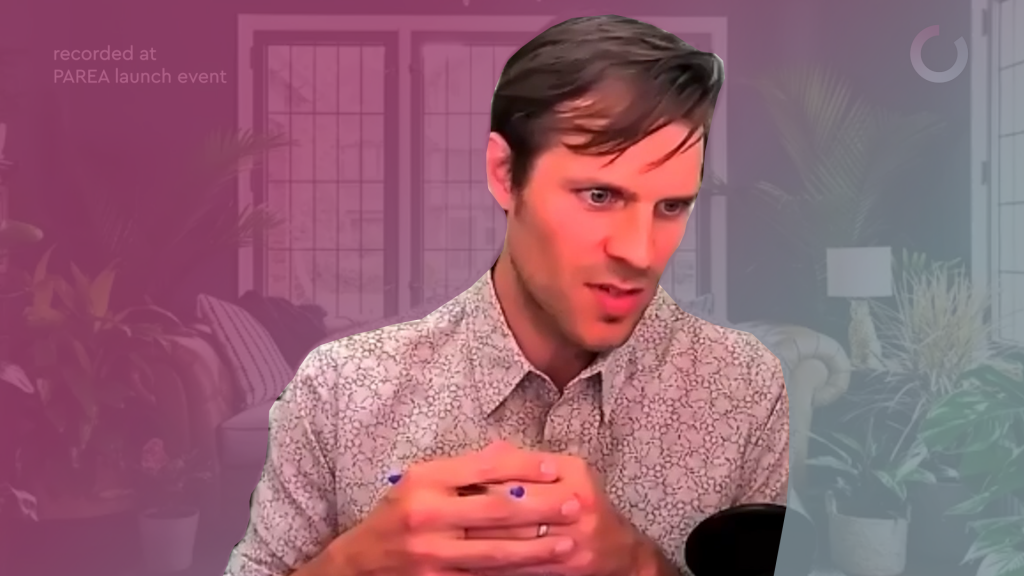Hope or hype? Head of OPEN Foundation calls for caution in psychedelic renaissancE
Joost Breeksema is the director of the OPEN Foundation and one of the main initiators of the Interdisciplinary Conference on Psychedelic Research. ICPR 2022 will be held in Haarlem from 23-27 Sept
As the director of the OPEN Foundation – founded in 2006 to advance the scientific research of psychedelics – Joost Breeksema has usually found himself being one of the main promotors of psychiatric research into psychedelics and therapies. That has changed, he says: “I find myself in a position of being somebody promoting more caution”.
“I think I still think that psychedelics have huge potential,” Breeksema says, “but I think it’s good to counterbalance this message a little bit and to have a proper balance between hype and hope.”
The OPEN director made his statement during the launch of PAREA, the Psychedelic Access And Research European Alliance, an association of European foundations and institutions advancing holistic and professional psychedelic research and therapy.
Breeksema commented in light of the recent psychedelic renaissance, which has brought renewed attention to the psychedelic field. Strong research results have shown the real efficacy of psychedelic therapy, but this has also spawned a world in which investment is luring, and potential risks of psychedelic therapy might be obscured.
ㅤ
ㅤ
What the right balance is between hope and hype around psychedelic therapy, needs to be discussed, Breeksema says, because the need is dire: “There are many desperate patients out there. Between a quarter and a third of patients with mental disorders do not respond to conventional treatments. So there is a huge need for better and more effective treatments. But it’s also, I think, very important to remember that these are not magic bullets and there are interests.”
ㅤ
Professional field
ㅤ
The mix of patients with severe traumas and big expectations, the potential intenseness of the psychedelic experience, and the history of a black market involvement in the supply of many substances, make the need for safe, professional treatment a necessity: “When you ask patients… it’s hard work. People have challenging experiences, and these are vulnerable patients for the most part. These experiences can be powerful but also potentially destabilizing.”
“These are not typical pharmaceutical drugs: It’s the experience that’s central, and that means people guiding patients through those experiences need to be properly trained. You need to be a mental health professional, but you do also need additional training.”
ㅤ

Hope or hype? Head of OPEN Foundation calls for caution in psychedelic renaissancE Read More »

